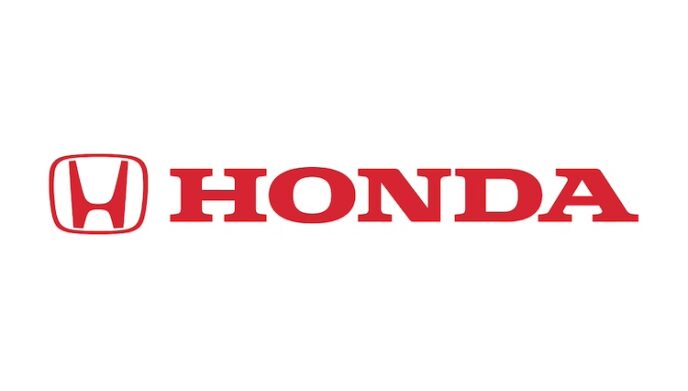
Honda Australia has paid a penalty of $18,780 after the Australian Competition and Consumer Commission (ACCC) issued an infringement notice for an alleged breach of the Motor Vehicle Information Scheme (MVIS) sharing requirements.
The MVIS is designed to give independent repairers equitable access to diagnostic software and technical information to service and repair modern motor vehicles.
It generally requires vehicle manufacturers to offer the information for sale by day, month, and year; alternatively, for any period nominated by an independent repairer.
The ACCC alleges that from July 1, 2022, to May 6, 2024, Honda Australia offered to supply the software only by yearly subscription and did not give independent repairers the option to purchase less expensive subscriptions daily or monthly.
“We allege that Honda breached the requirements of the MVIS scheme, which is designed to make vehicle servicing and repair more competitive by giving independent repairers access to the same technical information, including software, that dealerships have,” Acting ACCC chair Catriona Lowe says.
“Providing repairers with flexibility and choice in accessing information under the MVIS scheme is fundamental to increasing competition and consumer choice.
“Making the information available on a daily, monthly and annual basis allows independent repairers to select the access period that is most appropriate for them. This, in turn, enables them to be in a position to offer more competitive prices to consumers,” she says.
This is the first ACCC enforcement action for an alleged infringement of the MVIS scheme, and the ACCC continues to focus on enforcement in this area.
“We are continuing to conduct compliance checks, and we will take appropriate enforcement action for non-compliance which is detected,” Lowe says.
“In appropriate circumstances, this may include commencing proceedings in the Federal Court, where contraventions of certain MVIS Scheme provisions may attract a penalty of up to $10,000,000 per contravention,” she says.
The Australian Automotive Aftermarket Association (AAAA) championed the MVIS, introduced in 2022, which made it illegal for car companies to withhold information from qualified independent mechanics.
Motor vehicle manufacturers selling vehicles in the Australian market must provide information for conducting diagnostics, servicing or repair activities to repairers at a price that is at most the fair market value.
Subscriptions for repair and service information from the car makers must also be offered daily or monthly. Failing to comply with the primary obligations of the scheme can result in penalties.
“This law has been critical for Australian consumers and independent service and repair workshops, but to maintain its integrity, it must be continually monitored and upheld, with compliance ensured for any breaches,” AAAA chief executive Stuart Charity says.
“This ACCC decision should remind manufacturers to comply with the legislation. While most car makers are doing the right thing, a few outliers, in our view, are not fully operating within the spirit of the law,” Charity says.
Charity acknowledged the role of the Australian Automotive Service and Repair Authority (AASRA) and the ACCC’s Motor Vehicle Information Scheme (MVIS) Unit in ensuring competition and consumer choice within the Australian automotive repair industry.
The ACCC MVIS Unit oversees the mandatory sharing of service and repair information between car manufacturers and independent repairers. AASRA is the body responsible for the law’s day-to-day implementation.
“AASRA has worked tirelessly to administer and improve the operationalisation of the law for technicians and resolve issues, and I also want to acknowledge the dedicated professional technicians across the country for reporting alleged MVIS breaches for investigation,” Charity says.
“This law is vital to our industry. It is making a real difference to consumers and workshops nationwide, and the ACCC’s compliance actions ensure its continued relevance and success. We will always advocate for strong competition laws that support a level playing field and give consumers the choice,” he says.








